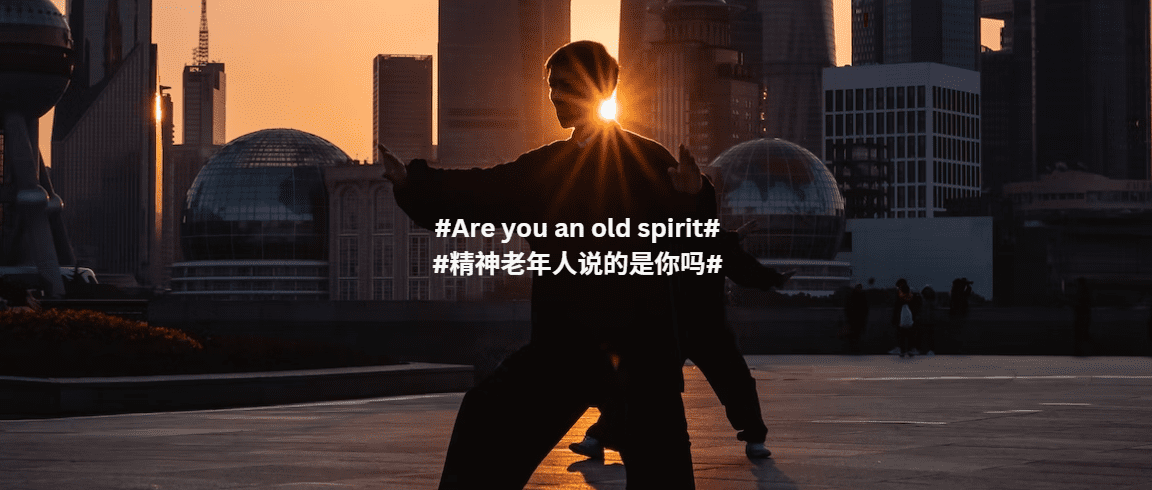Although having a busy schedule is often perceived as being successful or at least competitive in the workplace, some young people are turning their backs on the hustle culture. On Chinese social media, Douban (豆瓣), there is a group of users who call themselves “old spirits (精神老年人)”, which refers to young people whose lifestyle, daily habits, and hobbies, are more similar to the elderly than their own age group.
From hustle to harmony: young Chinese adopt elderly lifestyle
In a Douban group named “Come and chill, young people who are old spirits (精神上是老年人的年轻人们来乘凉)”, participants are actively sharing their life experiences in living like the elderly. Such experiences include Eight-section Brocade (八段锦), an ancient Chinese qigong exercise that could be traced back to the Song Dynasty (宋朝), taking walks in local parks and drinking Chinese tea. An increasing number of individuals have adopted a transcendental perspective on life by delving into ancient Chinese literature that embodies the fundamental principles of traditional Chinese philosophy, such as the renowned literary work “The Dream of the Red Chamber” (红楼梦). A poem written by a Taoist scholar, titled “All Good Things Must End (好了歌),” was brought up in the discussions for its emphasis on the interconnectedness of life and death, urging individuals to strive for a harmonious life.
On Chinese social media Weibo, the hashtag #Are you an old spirit (精神老年人)# quickly went viral after an article was published in which a journalist interviewed a few “old spirits” in the last week of February with more than 30 million views. “From decluttering (“断舍离” which directly translates to refusal, disposal, and separation), to minimalism, to the Classic of Changes (易经), I was subtlety attracted towards these ideas and eventually became an ‘old spirit’.” A netizen from Liaoning commented in the Douban group discussion.
The rise of the ‘Old Spirits’
- Some young people in China are rejecting the “hustle culture” and adopting a lifestyle more similar to that of the elderly, which they call “old spirits.”
- This lifestyle involves practices such as ancient Chinese qigong exercises, walking in local parks, drinking Chinese tea, and studying traditional Chinese literature and philosophy.
- The “old spirits” seek a transcendental perspective on life and emphasize the interconnectedness of all things.
- The trend has gained popularity on Chinese social media, with hashtags and online discussions dedicated to the topic.
Download the ASEAN x China business relations report






